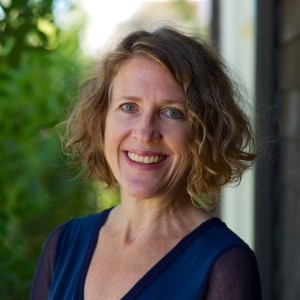In the last two decades, readers, critics, artists, curators, and citizen-spectators have been contending with a new--or newly redefined--ethos of performance. Curators now regularly install choreography in galleries. Visual artists are staging operas. Performances are staged in the lobbies of museums as well in at the center of its exhibitions. Meanwhile, civic leaders tout the importance of “creativity” in vitalizing cities, seeking to attract designers, new restaurants, and technology entrepreneurs to their neighborhoods. Cities stage site-specific festivals and promote themselves within an expanding roster of international biennials. Cultural centers around the globe consistently use a performance-centered vocabulary to frame their aesthetic contributions and their public programming and outreach. In this expanded cultural landscape, all participants are encouraged to act, to experience, to stage, and to try out alternate selves and behaviors. Meanwhile, many wonder whether this compulsion to perform is symptomatic of a wider global shift, one that sees cultural economies fueling and being fueled by the pressures of so-called “post-Fordist” service economy.
In her lecture, Shannon Jackson takes stock of recent trends in a wide cultural landscape. Recalling some of the central debates in the field of performance studies, she explores and juxtaposes the very different vocabularies and histories that artists, critics, curators, and citizens bring to bear in this scene of aesthetic and social experiment. She also examines key sites of experimentation and debate, asking how artists and organizers are incorporating but also questioning the experiential ethos of a service economy.
Shannon Jackson is the Richard & Rhoda Goldman Chair in the Arts & Humanities at the University of California, Berkeley, where she is a professor of Rhetoric and of Theater, Dance, & Performance Studies. She is also the Director of the Arts Research Center.
This lecture is the first of three lectures presented by the Performance Studies Research Group, and is free and open to the public. A reception to follow. For questions, please contact Scott Magelssen, Associate Professor of Theatre History, at magelss@uw.edu.
